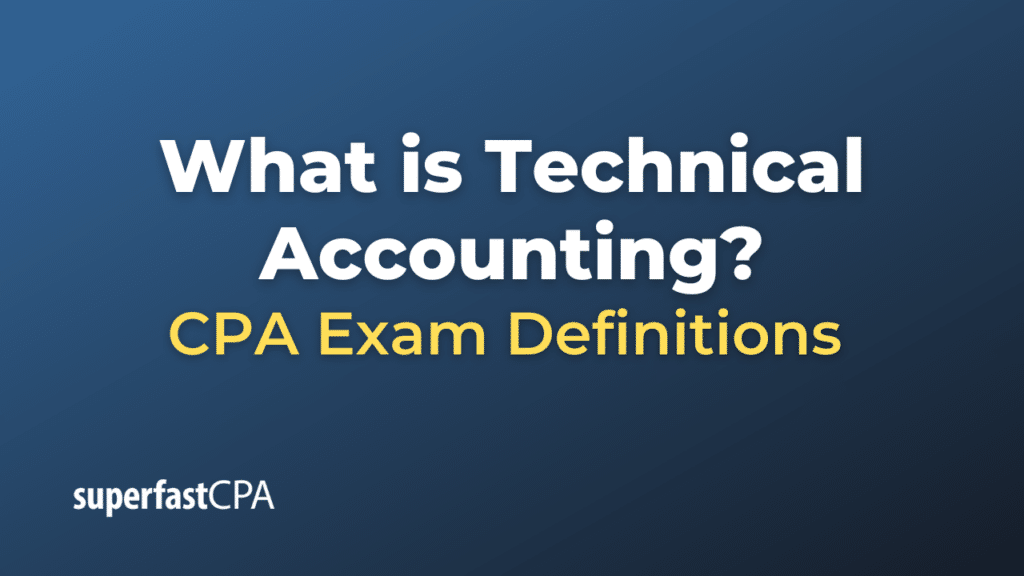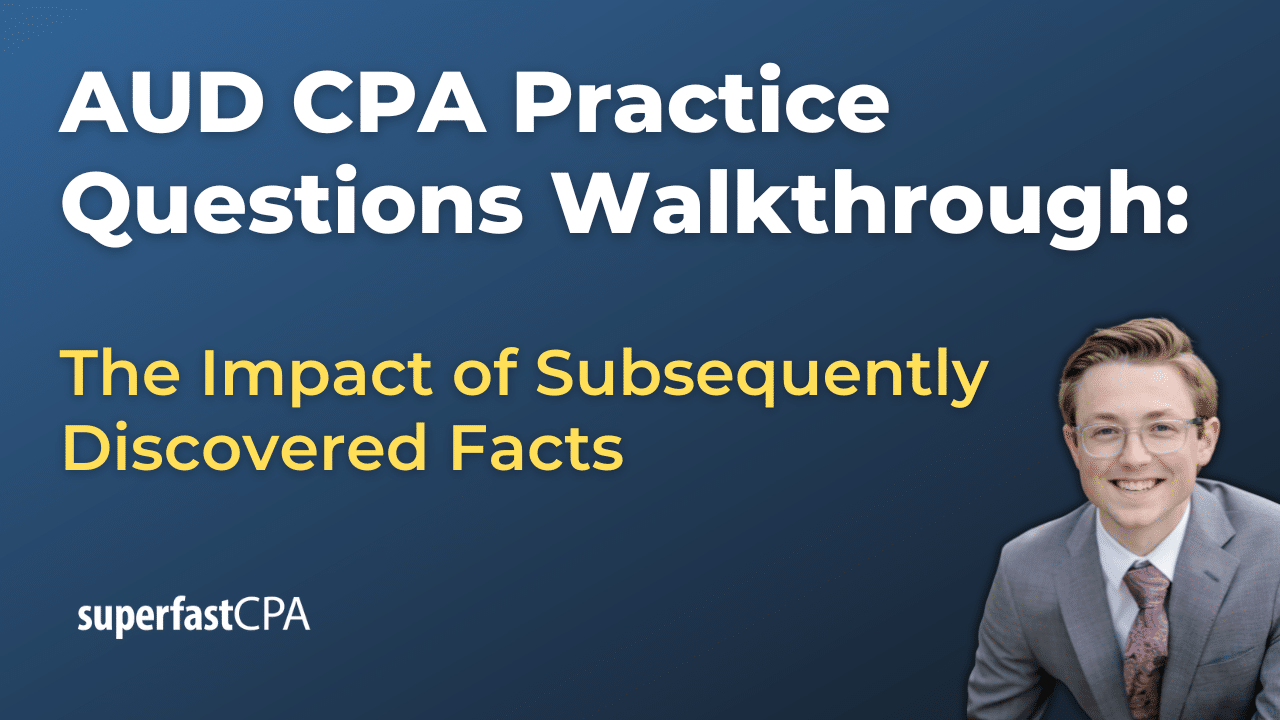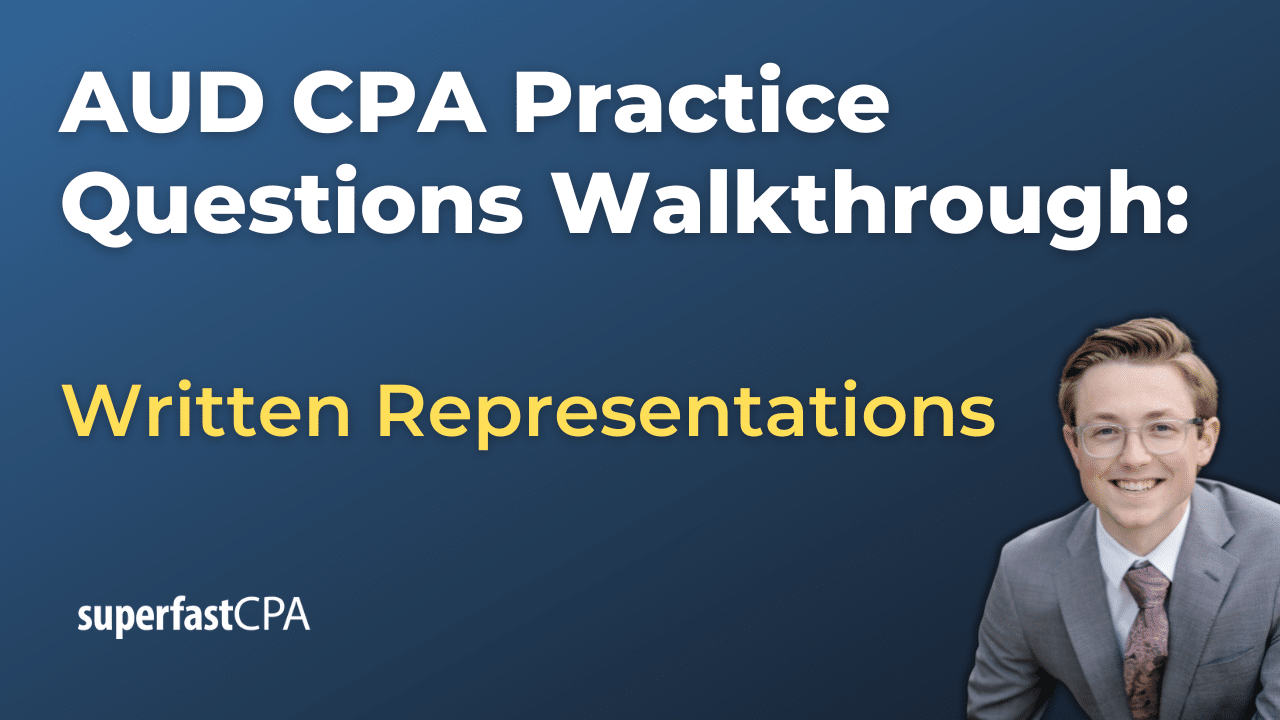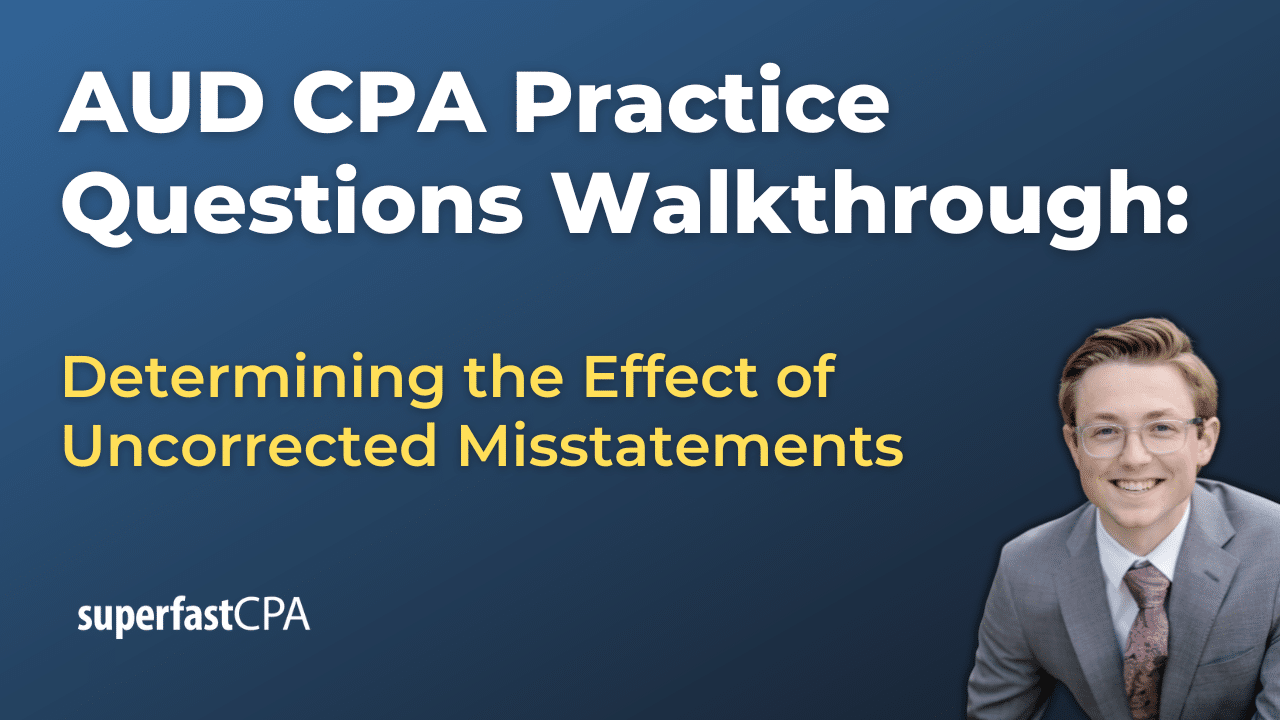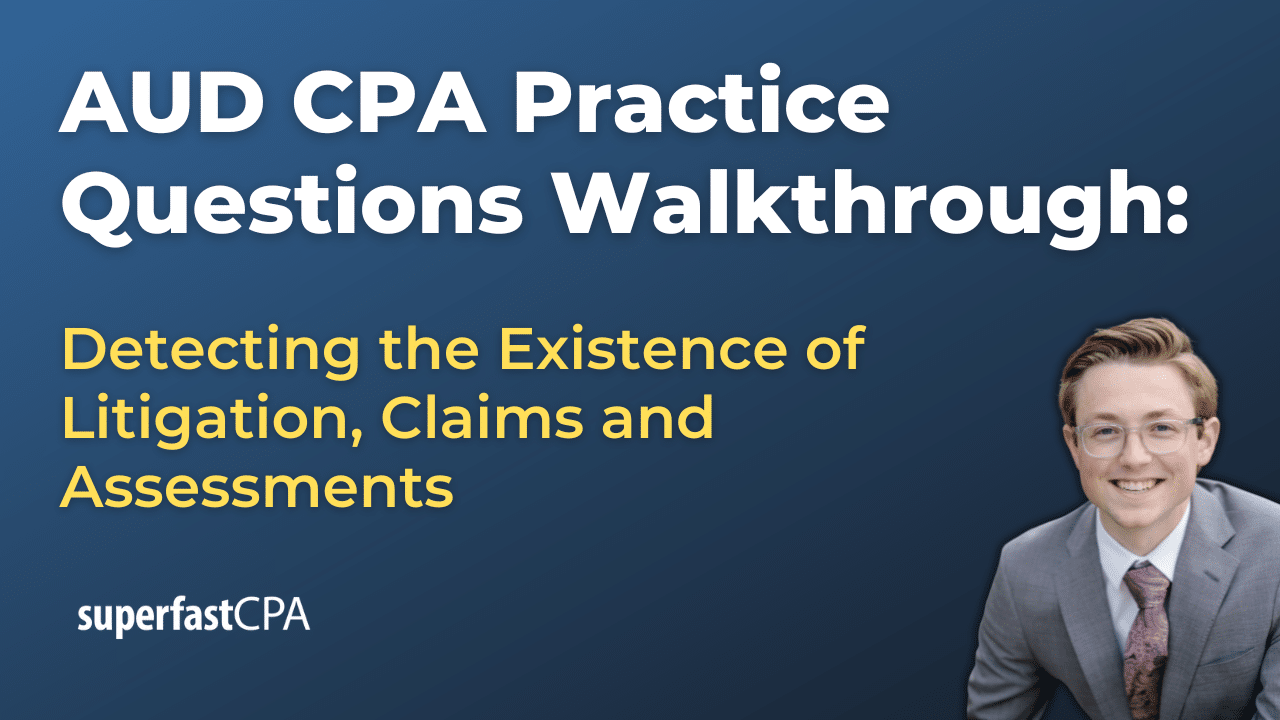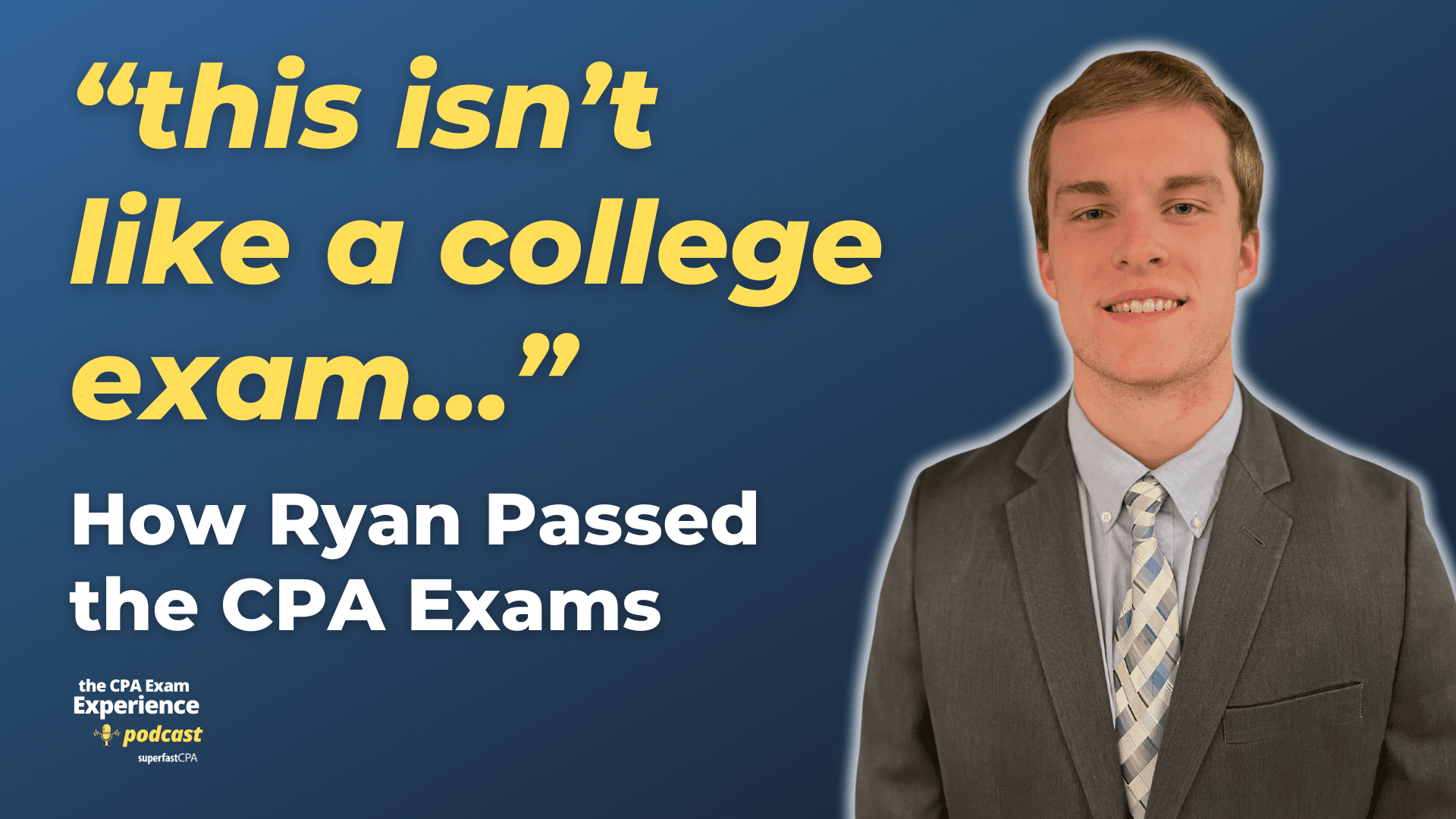Technical Accounting
Technical accounting refers to the deep understanding and application of accounting standards, principles, and rules. It encompasses the thorough knowledge of accounting frameworks (like GAAP or IFRS), as well as the ability to apply this knowledge to complex business transactions and financial reporting scenarios.
Technical accountants often have expertise in:
- Interpreting Accounting Standards: Understanding the nuances and detailed guidance provided by accounting standards on specific transactions or financial statement presentations.
- Complex Transaction Analysis : Analyzing and determining the appropriate accounting treatment for complex business transactions. This could include mergers and acquisitions, financial instruments, revenue recognition for complicated contracts, etc.
- Financial Reporting : Preparing and reviewing financial statements to ensure compliance with applicable accounting standards.
- Research and Documentation : When faced with unique or complicated transactions, technical accountants often have to research the relevant accounting standards or seek guidance from professional bodies or advisory firms. They then document their findings and the rationale behind the accounting treatment chosen.
- Liaising with Auditors: Technical accountants interact with external auditors, explaining and justifying the company’s application of accounting standards.
- Staying Updated: Accounting standards can evolve, and new ones can be issued. Technical accountants must stay updated on these changes and understand their implications.
Companies, especially those in industries with complex transactions or those that operate in multiple countries (with different accounting standards), often have technical accounting teams or experts on staff. These specialists ensure the company’s financial reporting is accurate, consistent, and in compliance with all relevant regulations.
Example of Technical Accounting
Let’s dive into a scenario that highlights the role of technical accounting:
Scenario: DigitalWave Corporation’s Revenue Recognition
DigitalWave Corporation is a tech company that sells both hardware products (smart devices) and software services (cloud storage and software-as-a-service applications). They often bundle these together in contracts with their customers. A customer might buy a smart device and get a one-year subscription to DigitalWave’s premium cloud storage service.
Given the complexity of these bundled contracts, there are numerous considerations under accounting standards, especially when it comes to revenue recognition.
The Technical Accounting Challenge:
Under certain accounting standards, such as the IFRS 15 or ASC 606 for GAAP, companies must recognize revenue from contracts with customers in a manner that depicts the transfer of promised goods or services. This involves allocating the transaction price to the separate performance obligations in the contract.
Steps Taken by DigitalWave’s Technical Accountant:
- Identify the Contract: The technical accountant verifies that they have a valid contract with the customer.
- Identify Performance Obligations: The contract is analyzed to determine its separate components. In this case, there’s the sale of the hardware (smart device) and the provision of a one-year cloud storage service.
- Determine the Transaction Price: The bundled price the customer pays for both the smart device and one-year service is determined.
- Allocate the Transaction Price: Here’s where it gets tricky. The technical accountant must allocate portions of the total price to the smart device and the cloud service based on their standalone selling prices. If a smart device typically sells for $500 and the annual cloud subscription for $100, then the allocation should reflect these standalone prices, even if the bundled price was a discounted $550.
- Recognize Revenue : As the performance obligations are met (i.e., the smart device is delivered and the cloud service is provided over the year), DigitalWave recognizes the revenue. The revenue for the device is recognized immediately upon delivery, while the revenue for the cloud service is recognized ratably over the year.
During this process, the technical accountant would need to:
- Research the specific requirements of the relevant accounting standard (like ASC 606) to ensure appropriate revenue recognition.
- Document their rationale and calculations, ensuring there’s a clear audit trail.
- Stay Updated on any changes or clarifications to the revenue recognition standard that might impact future contracts.
- Liaise with Auditors to explain DigitalWave’s approach and address any queries.
This example highlights just one area (revenue recognition) where technical accounting expertise is vital. Given the intricate nature of modern business transactions, the role of technical accountants in ensuring accurate and compliant financial reporting cannot be overstated.

